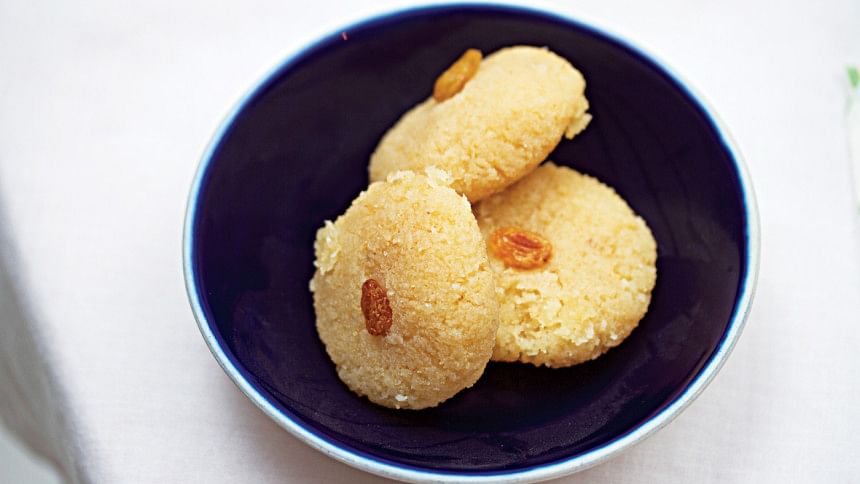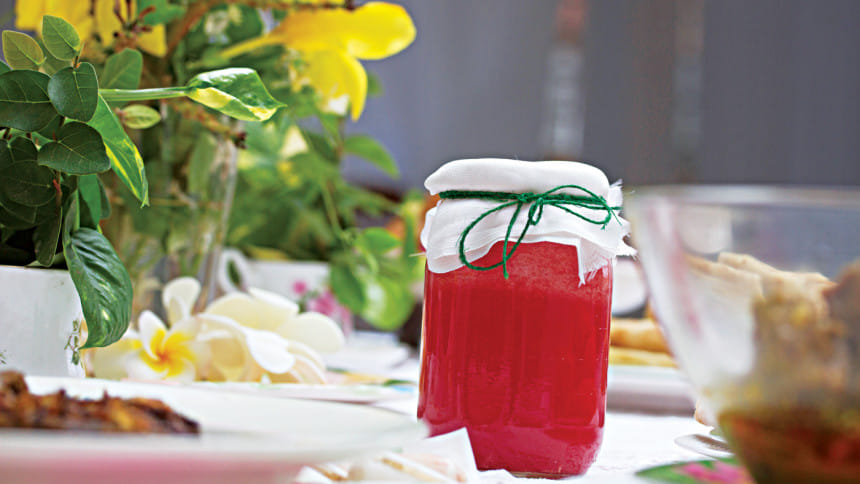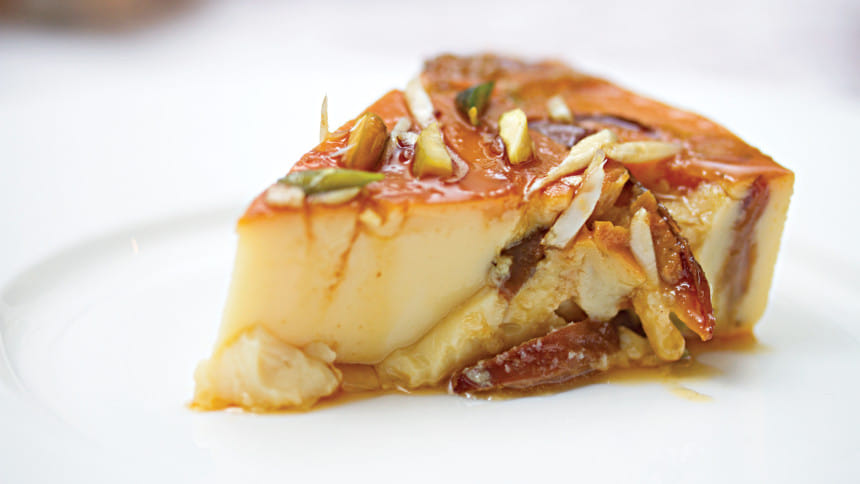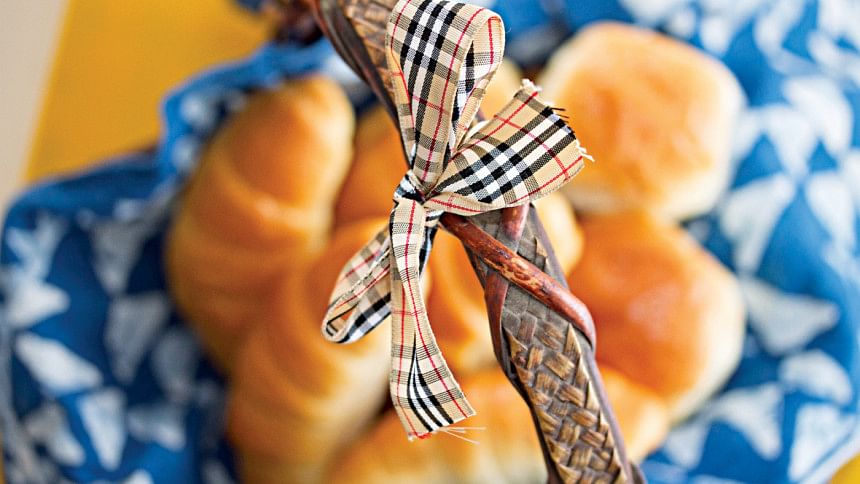Shab-e-Barat: The night of fortune and forgiveness

The holy Shab-e-Barat is a very special night for Muslims. Although the main prayers and Holy Quran recitations start at night, the vibrancy and festiveness start as soon as the day commences.
Shab-e-Barat has an 'energy' of its own and every Muslim has their own distinct story about this day
"As a kid, Shab-e-Barat was one day that I really looked forward to. The first reason was of course because of all the food my mum and grandmother used to make. There was another thing about the day that excited me and that was how alive the streets felt. There used to be a number of makeshift shops on the streets near my house, selling items like attar (fragrance) and agarbatti (incense sticks). The lively vibe created by both the vendors and customers always gave a very warm feeling," said Mamun Hossain, a retired govt. official, who still cherishes the days of Shab-e-Barat from his childhood.

Mosques are decorated and many of them have periodic recitations and announcements throughout the day, before preparing for the main events of the night.
Neighbourhoods have changed from how they were before and it is quite common to not even know who is living next door. Such is the norm of today, but Shab-e-Barat seems to be one of those few days when this sad reality ceases to exist for some time.
For private university student Anika Rahman, Shab-e-Barat is a time when people forget their differences.
"Everybody is so occupied in their busy schedules these days, they hardly seem to have the time to interact with neighbours. But on Shab-e-Barat, it feels like good old days when the entire neighbourhood becomes friendly — there is exchange of wishes and greetings, passing of food, etc."
Anika added that this day brings everyone together, making her neighbourhood actually feel like home.
The variety of traditional food: one of the most beautiful aspects of Shab-e-Barat
Perhaps the favourite part of Shab-e-Barat is the variety of food items that are made. The most popular item that has gone on and on for generations are 'chaler ruti' (rice bread) and different kinds of halwa (a sweet dish). Of all the types, carrot, papaya, chickpea and semolina halwa are the most loved. The combination of rice bread and halwa is simply a delight. It is said that every household has its own special recipe for making halwa. It is a common sight to see people sharing decorated plates of halwa among neighbours. Tehari (a savoury beef dish) is also a favourite food item on Shab-e-Barat.

According to Selima Chowdhury, a university lecturer, "For me, the day of Shab-e-Barat starts by preparing rice bread, vermicelli and halwa. Being a working woman, it can be difficult at times to manage this. But this is our tradition and I want to instil this heritage in my children, just like my mum had done for me."
Selima mentioned that she asks her children to help her when she is cooking.
"Along with my daughter I want my son to learn household chores too, and cooking is an integral part of that. I hope that he is as able to make halwa when he grows up and teach is son to do the same," said Selima.
Different people choose different ways to spend the day. Freelancer Mohammad Sakib believes in spreading love on Shab-e-Barat. He adds "I spend the day distributing dates, halwa and tehari among the poor children in my area. Shab-e-Barat is incomplete without sweets, so why should the underprivileged children be deprived of this happiness? I try my best to ensure that the children within the vicinity of my house get to eat something nice on this special day."
People have become work-centric and many are not able to prepare home-made delicacies on Shab-e-Barat like they used to before. Fortunately, sweet shops have got them covered. The well-known sweet brands like Bikrampur Mistanna Bhandar, Premium Sweets, Rosh, Mithai Wala, Madhuban Sweets, etc., offer myriads of halwa and other sweet items. Thanks to these shops, working families are able to enjoy Shab-e-Barat just as much. Many fast-food hubs are often seen offering special items on their menu on Shab-e-Barat day.
The beauty and spirituality of Shab-e-Barat
Devotees believe the fate of all Muslims is decided by the Almighty Allah on Shab-e-Barat. Muslims spend the night praying and reciting verses from the Holy Quran.

During daytime, people distribute food and clothes among the poor. Many visit the graves of their loved ones to pray for eternal peace of the souls. Some also fast on Shab-e-Barat.
The collective meaning of Shab-e-Barat is to try to rid yourself of past sins, start anew and spread the meaning of love and peace of Islam.
Photo: LS Archive/Sazzad Ibne Sayed

 For all latest news, follow The Daily Star's Google News channel.
For all latest news, follow The Daily Star's Google News channel. 





Comments